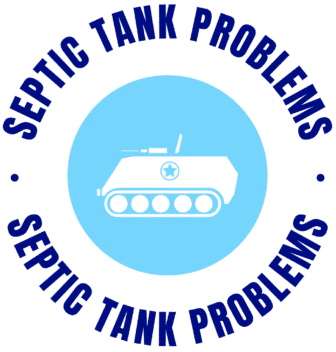It’s really mind-boggling how man continues to find ways on how to correct his mistakes in the midst of progress. FOG (fats, oils, grease) is the most common by-product in every industry these days. People excrete FOG together with the various food establishments and facilities in the United States. Every year, large amounts of fines are collected for FOG overflow from a lot of companies that do not maintain their grease traps well. Because of the constant overflow, health and environmental problems spring up. The problem is getting critical indeed. Most companies realized that using bacteria to prevent the build up of grease will reduce the amount present in the system.
To help tame the situation, the state created a grease or pretreatment ordinance that’s strictly implemented in food businesses. The ordinance aims to protect the wastewater treatment facility and the pipelines that lead to it from FOG accumulation in the grease trap. It also mandates the owners of these food businesses to install grease traps with permits from the Department of City Sewer. The business owners should also make sure that they maintain the grease traps on a regular basis. It’s a basic rule for companies with small grease traps to have regular grease trap maintenance every month. For larger companies, a quarterly clean up is mandatory. Only licensed haulers should take care of the grease trap clean up because with them, the collected FOG would be disposed of properly and legally.
When there is FOG overflow, the fat, oil and grease mixes with the wastewater and solidifies in the pipes. Over time, the FOG blocks the normal flow of the wastewater and causes wastewater backup into the food establishments. Respiratory, systemic, and skin conditions may be acquired. The environment also gets terribly affected.
Cleaning up the grease trap can become very costly because most food establishments choose to pump out their grease materials every few weeks. Unfortunately they really have no choice. They should do this or they will end up facing environmental lawsuits and paying hefty fines for excessive amounts of FOG in the wastewater. This frequent cleaning up can be very costly and could leave a dent in the pockets of even the biggest food business owners in the area.
This is where using bacteria to prevent the buildup of grease comes in. Even before the dawn of time, these primitive organisms have existed and have survived. They are always present even during nuclear fall-outs. All they want is to exist, feed, and procreate. In these three main goals lies the answer to the FOG problem in the United States.
The voracious appetite of bacteria is the answer to the heavy grease accumulation being experienced by grease trap owners all over America. Some use harsh chemicals and enzymes to remove the grease materials but even if they seem to be very effective in melting away the FOG, the truth is that they only emulsify the FOG and even allow it to mix into the wastewater much easier. Over time, the emulsified FOG solidifies in the pipes and blocks the passage of wastewater. Instead of solving the problem, chemicals and enzymes aggravate it even more. The business owner often becomes too surprised at what was thought to be the most effective solution to the FOG accumulation in grease traps.
Using bacteria to prevent the buildup of grease makes it very easy for the food establishment owners to get rid of the FOG. With bacteria, all traces of solid wastes and grease are completely eliminated. Bioremediation and bioaugmentation are the two main processes that involve using bacteria. Bioremediation makes use of non-pathogenic bacteria in changing the bacteria into less harmful substances. Bioaugmentation makes use of a selected strain of bacteria in digesting the grease materials and solid wastes. These two processes even get rid of the foul odors in the grease trap. They also leave the environment unharmed because o they don’t have traces of chemicals.
Bacteria are really Nature’s best solutions to the biggest problems today including FOG buildup. With them, food establishments will be able to save a lot on cleaning bills because they won’t have to get the grease trap pumped out all the time.
